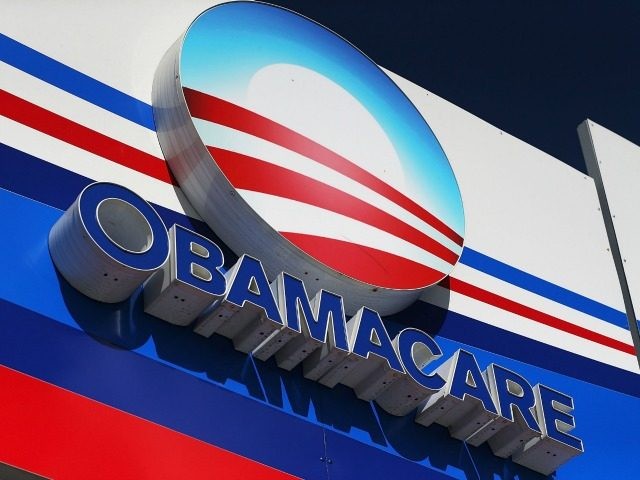Bruce Japsen at Forbes notices an interesting remark by Aetna CEO Mark Bertolini during his second-quarter earnings call, which covered a painful lack of earnings from the ObamaCare market.
Bertolini said one of the reasons Aetna lost $300 million on ObamaCare, and was therefore scuttling plans to expand beyond its current 15 states, was that “we now believe we have third parties paying premiums for special interest groups.”
Bertolini didn’t get into specifics, but Japsen believes he was referring to the same type of “third-party” situation that prompted UnitedHealth to file a lawsuit accusing American Renal Associates Holdings Inc., a kidney-care organization, of running a “fraudulent and illegal scheme.”
One might wonder why third parties paying health-insurance premiums is a bad thing. The problem is that, as Japsen puts it, “nonprofit organizations work as a front for medical care providers trying to win higher payments from private insurers that pay more than government programs like Medicaid.”
The Affordable Care Act dramatically increased the number of people eligible for Medicaid, which is why ObamaCare apologists frequently tried to lump Medicaid recipients in with actual private-sector insurance purchasers during the early days of the program, in a desperate bid to inflate the number of “ObamaCare enrollees.”
But Medicaid is not the same thing as private health insurance, as this third-party problem dramatically illustrates. Medicaid is notorious for paying very low reimbursements to health-care providers. Insurance providers are complaining – rather forcefully, in the case of UnitedHealth and its lawsuit – that third-party non-profit organizations are being used as fronts by medical providers, in schemes to soak insurance providers for fees Medicaid won’t pay.
As Dow Jones Business News wrote, in the course of explaining the UnitedHealth lawsuit last month:
The issue of third-party payment of health premiums has been a point of tension under the ACA, which requires insurers to sell plans to people regardless of their health conditions. Health-care providers have an incentive to ensure their patients are covered, which in turn can assure they are paid for their services. Insurers, for their part, say that premium assistance by health-care providers or affiliated charities often focuses on sick patients who need a lot of services, which increases insurers’ costs and pushes up premiums for all policyholders.
Insurers who object to these attempts to “game” the ObamaCare system have begun rejecting third-party payments, which puts them in the uncomfortable position of saying “no” when a charitable foundation offers to defray the cost of superior private insurance for Medicaid beneficiaries.
As for the government, Dow Jones Business News described guidance from the Administration as “murky”:
In 2013, the Department of Health and Human Services suggested insurers should reject premium payments that came from health-care providers because they could “skew the insurance risk pool.” But the regulator later said its warning about third-party premium payments didn’t apply to certain entities, including independent nonprofits focused on financial need that “do not consider enrollees’ health status.” An HHS spokesman declined to comment.
It looks as if this is another of the many, many ObamaCare “rules” scribbled in pencil, with numerous special exceptions and carve-outs. HHS probably doesn’t want to crush any program that “improves access” to health care, especially as states begin groaning under the burden of higher Medicaid costs. (Costs which, like everything else pertaining to ObamaCare, turned out to be far higher than promised – a good 49 percent higher in 2015, leaving taxpayers on the hook for an extra $20 billion.)
Radically, and deliberately, underestimating costs is the foundational sin of ObamaCare, the big swindle that tricked Americans into thinking the program would be so financially advantageous that participation would be voluntary — and everyone from insurance customers to giant providers would be just plain crazy not to sign up as fast as they could!
Instead, we got a series of schemes designed to make everything seem far more affordable than it actually was, during the first few politically-sensitive years of this “reform.” Once ObamaCare was comfortably settled on the couch, and all but impossible to evict from the American system, it could loosen its belt and let its enormous beer gut spill out.
The sum total of everything we’re hearing from insurance providers, medical providers, and customers right now is that ObamaCare is completely unsustainable, without a massive raid on taxpayers, combined with endless premium hikes. It’s a complicated, very badly-designed system, so we’ll probably hear a lot more about efforts to exploit its many loopholes.

COMMENTS
Please let us know if you're having issues with commenting.